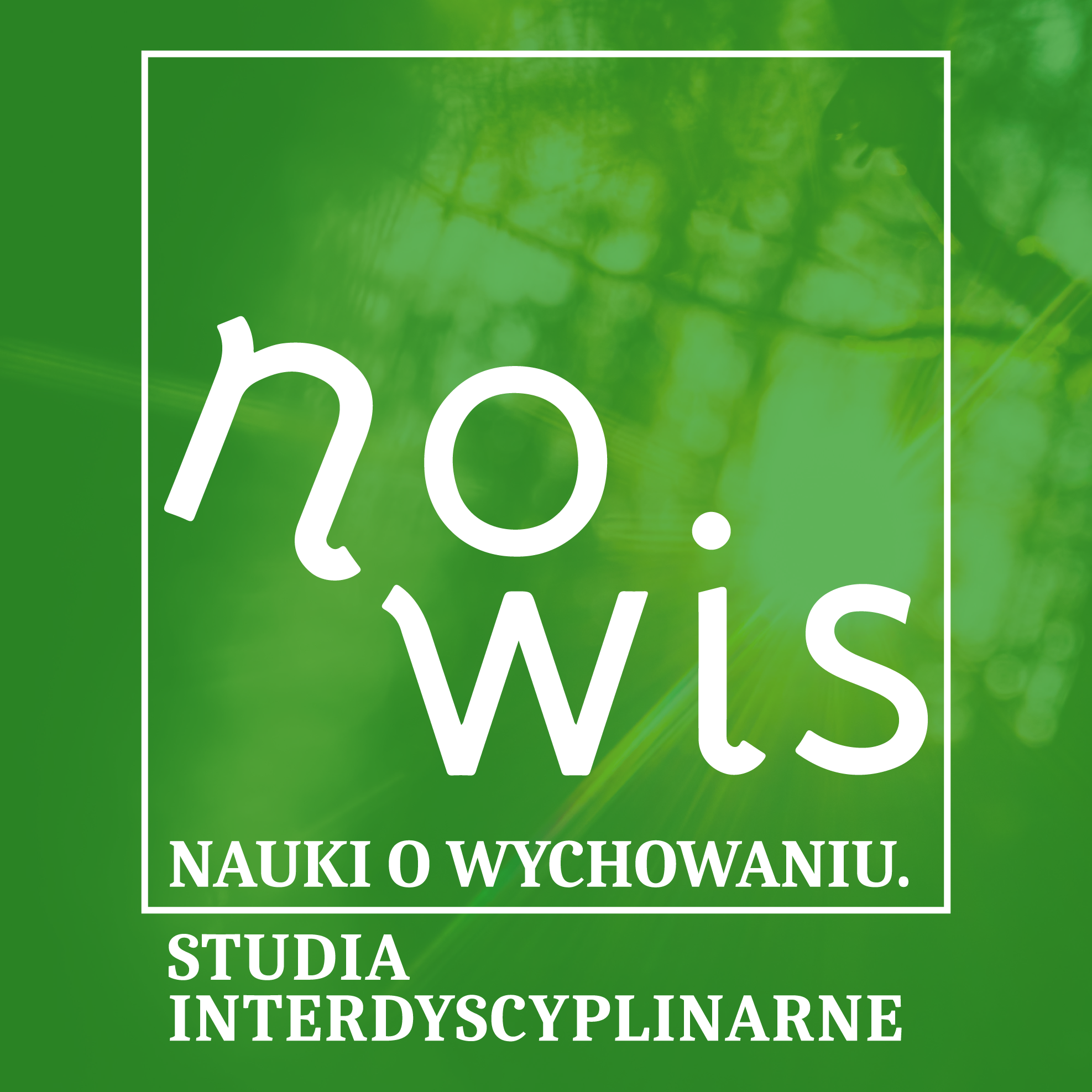Starość z perspektywy seniorów jako ważny głos we współczesnej refleksji geragogicznej. Recenzja monografii Artura Fabisia pt.: “Troski egzystencjalne w starości. Ujęcie geragogiczne”, Kraków 2018, Wydawnictwo Naukowe Uniwersytetu Pedagogicznego
Review of the Monograph by Artur Fabiś Entitled “Troski egzystencjalne w starości. Ujęcie geragogiczne” Kraków 2018, Wydawnictwo Naukowe Uniwersytetu Pedagogicznego
DOI:
https://doi.org/10.18778/2450-4491.10.17Słowa kluczowe:
starość, starzenie się, troski egzystencjalne, wartość życia, nieuchronność śmierci, radzenie sobie z problemami egzystencjalnymiAbstrakt
Tekst jest recenzją monografii habilitacyjnej Artura Fabisia opublikowanej w 2018 r. przez Wydawnictwo Naukowe Uniwersytetu Pedagogicznego w Krakowie. W zwięzłej, syntetycznej formie podjęto dyskusję wokół przyjętych w pracy głównych kategorii pojęciowych, teoretycznych i metodologicznych przesłanek koncepcji badań, a także wartości poznawczej analiz i interpretacji wywiedzionych ze zgromadzonego materiału badawczego. Zwrócono również uwagę na oryginalny charakter i walory niniejszej publikacji.
Pobrania
Opublikowane
Jak cytować
Numer
Dział
Licencja

Utwór dostępny jest na licencji Creative Commons Uznanie autorstwa – Użycie niekomercyjne – Bez utworów zależnych 4.0 Międzynarodowe.





 Strona czasopisma, prowadzona przez Zespół redakcyjny NOWiS na platformie Index Copernicus:
Strona czasopisma, prowadzona przez Zespół redakcyjny NOWiS na platformie Index Copernicus: 





